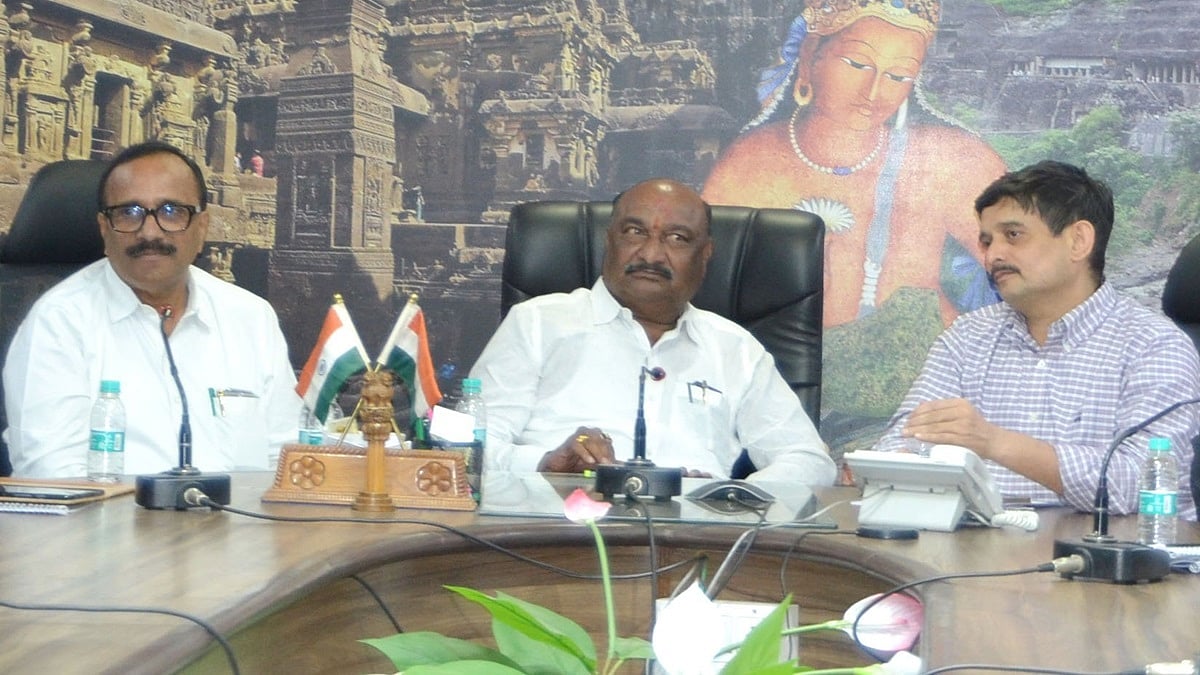Mumbai: In an embarrassment to the news channels, the Bombay High Court on Friday said the media now-a-days is 'highly polarised.' The HC further said that the journalists in the past were 'neutral.'
A bench of Chief Justice Dipankar Datta and Justice Girish Kulkarni said it was not on the question of regulation of the media but was on the 'checks and balances' the media must exercise since people forget their limits.
The bench is presently hearing a clutch of petitions highlighting the insensitive coverage of the Sushant Singh Rajput death case, by the electronic media. The petitions have primarily sought regulation of the media.
On Friday when the matter came up for hearing, advocate Ankit Lohia, appearing for Zee News cited a report authored by a European institute, which recommended against government control over the media.
At this, CJ Datta said, "India is ruled by the rule of law. How can you advocate that people who go around accusing others can find shelter from freedom of press?"
"We have no hesitation to say that journalists back then were more responsible and neutral. Now most of the media is highly polarised," CJ Datta remarked.
Further, Justice Kulkarni pointed out a report by the law commission, which after comparing Indian media with models of foreign countries, had suggested the need of checks and balances, to be exercised by the media.
Responding to the observation, Lohia said that the media isn't averse to regulation. His submissions were interrupted by the judges, who said, "We aren't on regulation. You need to understand that we are only on the need to have checks and balances."
"The problem is that people forget the lines. You (media) want to criticise the government, do it. Do whatever you want to but within the lines. In the present proceedings, the problem is that someone has died and you are accused of interfering," CJ Datta added.
Further, news channels such as News Nation, India TV etc made brief submissions against the need to have a regulatory body to keep tabs on electronic media. The main thrust of their arguments was that if the media is given under the control of the state, then "an emergency like situation" may arise. They even cited the examples of countries such as China and Bangladesh, which have full control on the media and the result is that these countries rank low in terms of media independence.
Meanwhile, the ED, CBI and NCB, the three central agencies, filed a joint affidavit spelling out before the judges that none of them have "leaked any kind of information relating to the probe in Sushant Singh Rajput case, to the media," said the additional solicitor general Anil Singh, representing the three agencies.






